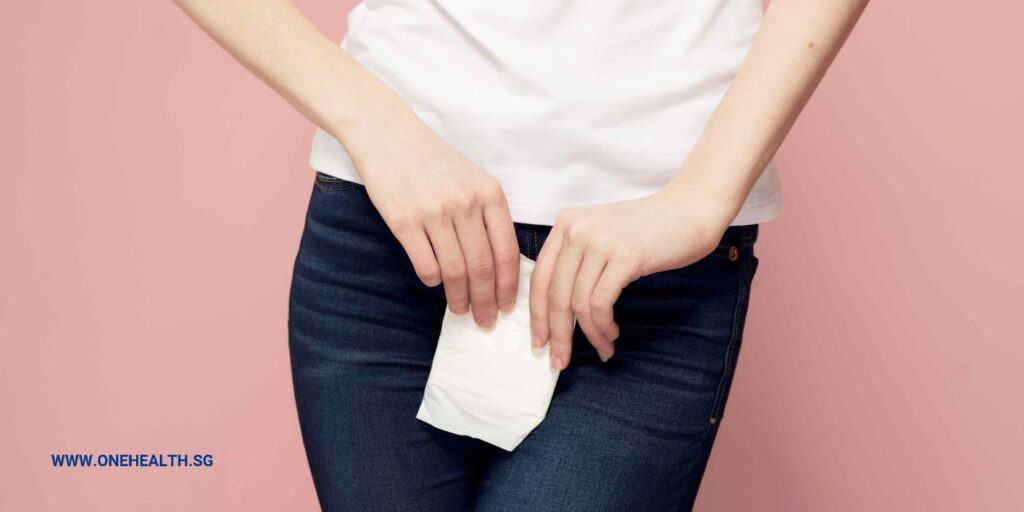Menstruation is a natural and essential part of a woman’s life, yet for many women around the world, it remains a topic shrouded in shame and stigma. Menstrual health and hygiene play a crucial role in women’s overall well-being, and access to menstrual products and education is essential for gender equality and women’s empowerment. This article delves into the importance of advocating for menstrual health and hygiene, addressing the challenges women face, and the transformative impact of breaking the silence around menstruation.
Breaking the Silence: Destigmatizing Menstruation
In many societies, menstruation is often viewed as impure or shameful, leading to a culture of silence and secrecy around the topic. This stigma can have severe consequences, as it can lead to limited access to information, support, and menstrual products.
Efforts to destigmatize menstruation are crucial in empowering women and girls to embrace their menstrual cycles as a normal and natural part of life. Education plays a central role in breaking the silence, as open discussions about menstruation in schools and communities help dispel myths and misinformation.
Access to Menstrual Products: A Path to Equality
Access to affordable and hygienic menstrual products is a fundamental human right. Unfortunately, many women and girls face challenges in obtaining menstrual products, which can lead to significant hardships, especially for those in low-income communities.
Some women resort to using unhygienic materials like rags, leaves, or even mud, putting their health at risk and limiting their participation in school or work. Providing access to menstrual products not only improves hygiene and health but also empowers women to pursue education, work, and personal aspirations without disruption.
Education and Empowerment: Breaking the Period Poverty Cycle
Period poverty, the inability to afford menstrual products, perpetuates a cycle of inequality. In many developing countries, girls miss school during their periods, leading to lower educational attainment and reduced economic opportunities.
By investing in menstrual education and providing free or subsidized menstrual products, societies can help break the period poverty cycle. Women and girls who are equipped with the knowledge and resources to manage their menstrual health are better positioned to achieve their full potential and contribute to society.
Innovations in Menstrual Hygiene: Sustainable Solutions

Innovations in menstrual hygiene are emerging as a game-changer in addressing the challenges faced by women and the environment. Reusable menstrual products, such as menstrual cups and cloth pads, offer an eco-friendly and cost-effective alternative to disposable products.
Moreover, initiatives promoting sustainable menstruation are gaining momentum, emphasizing the reduction of single-use plastic waste generated by conventional menstrual products. These innovations are not only environmentally friendly but also financially empowering for women in the long run.
Menstrual Health Education for All Genders: Fostering Understanding and Empathy
Menstrual health education should extend beyond women and girls to encompass all genders. Creating awareness among boys and men is vital in fostering understanding and empathy, helping to combat the stigma and misconceptions surrounding menstruation.
By breaking down the barriers of embarrassment and misinformation, society can create a supportive and inclusive environment where menstruation is understood as a shared experience rather than a taboo subject.
Championing Menstrual Health Advocacy: A Global Movement
The call for menstrual health advocacy has sparked a global movement aimed at transforming the lives of women and girls. Non-profit organizations, governments, and grassroots initiatives have come together to raise awareness, provide access to menstrual products, and advocate for policy changes.
The Menstrual Hygiene Day, observed annually on May 28th, is an example of the growing momentum in promoting menstrual health and hygiene worldwide. This day serves as a platform for advocacy, awareness-raising, and mobilizing support for menstrual health initiatives.
Menstrual health and hygiene advocacy are essential in transforming the lives of women and girls. Destigmatizing menstruation, providing access to menstrual products, and promoting education are integral to ensuring gender equality and women’s empowerment.
By breaking the silence around menstruation, society can foster understanding, empathy, and inclusivity. Sustainable menstrual hygiene solutions and innovations are key to promoting environmental consciousness and financial empowerment for women.
As the global movement for menstrual health and hygiene gains momentum, it is crucial to continue championing the cause and working towards a world where menstruation is embraced without shame or barriers. Empowering women and girls through menstrual health advocacy is not just a matter of hygiene; it is a matter of dignity, equality, and human rights.

